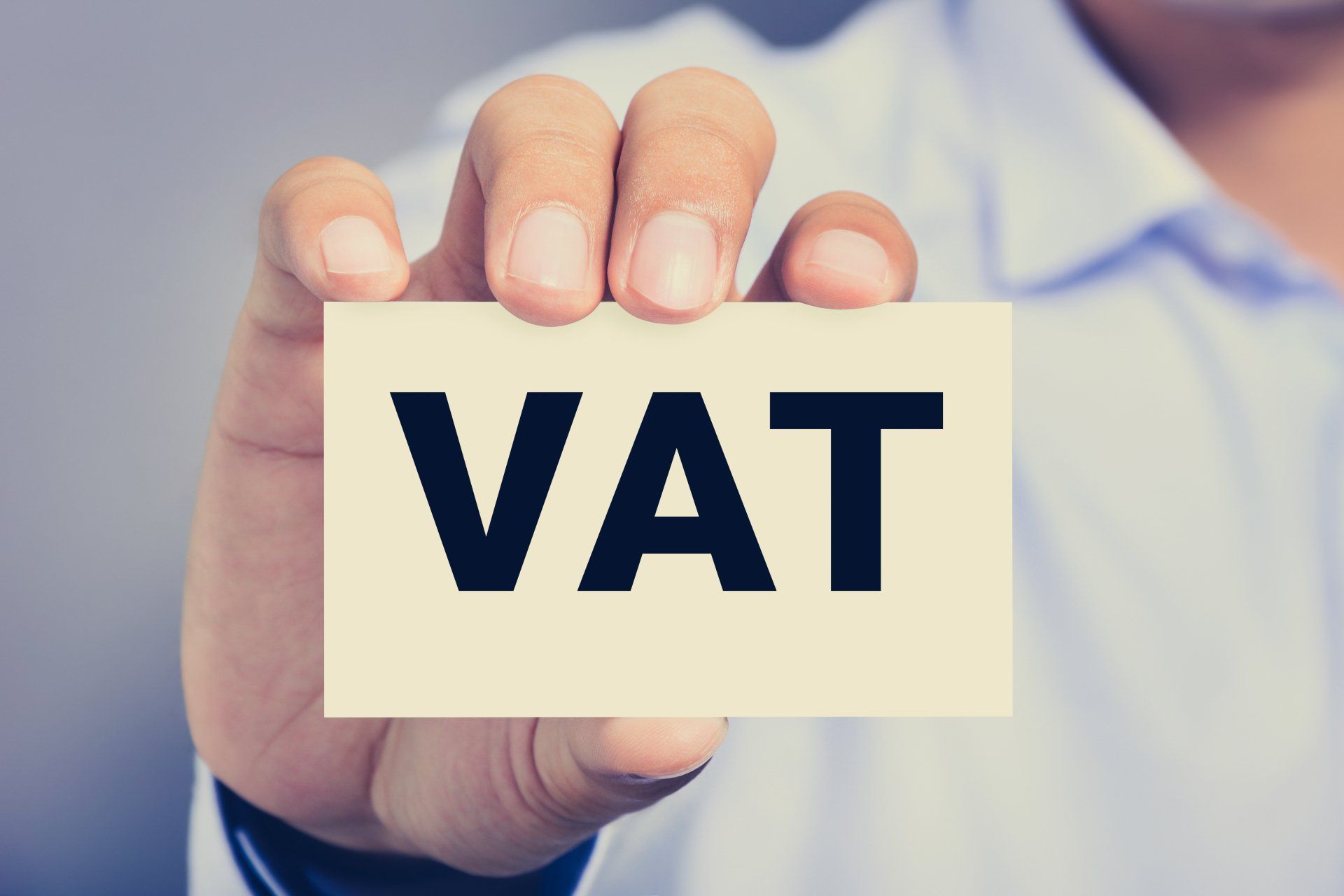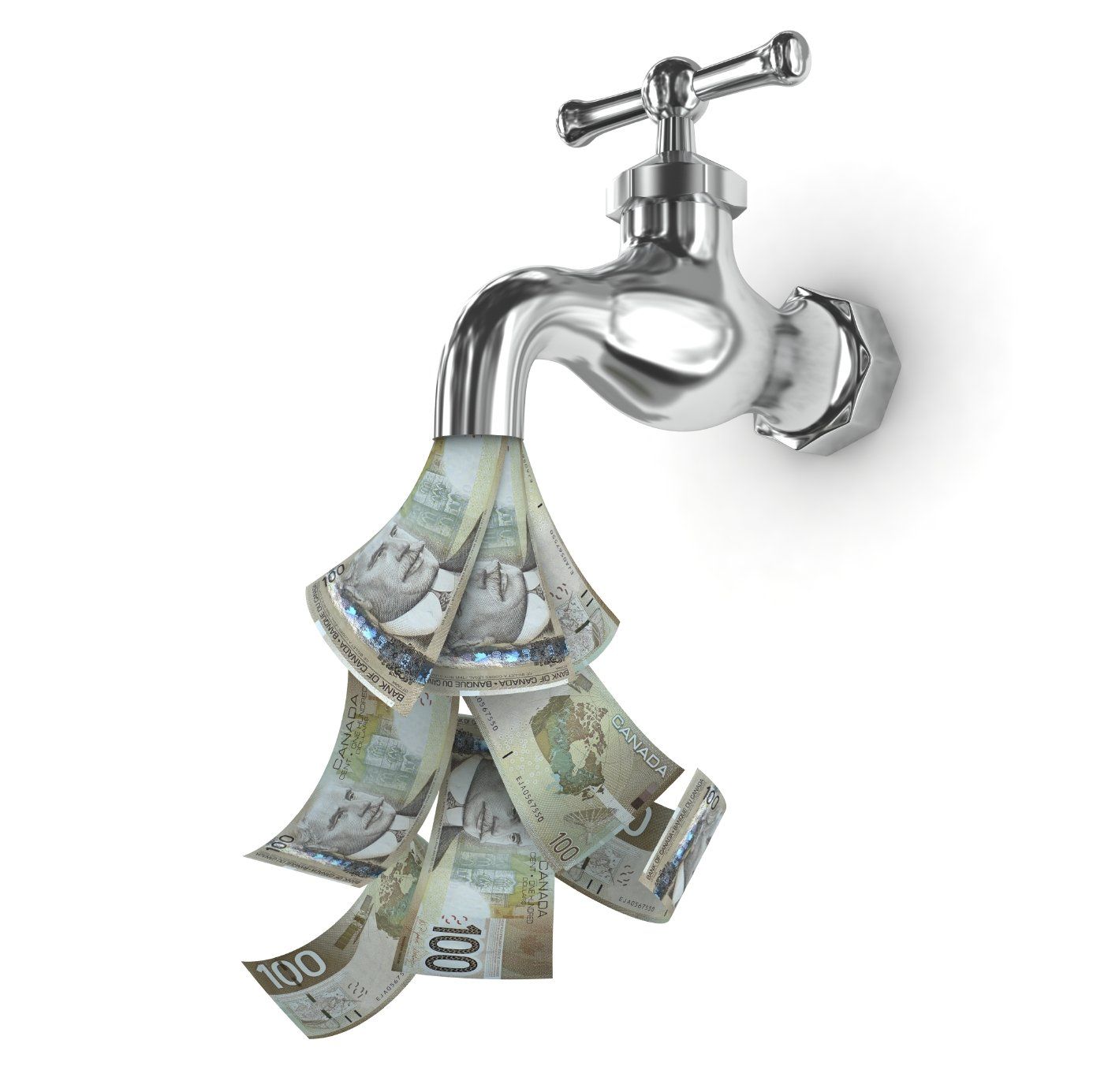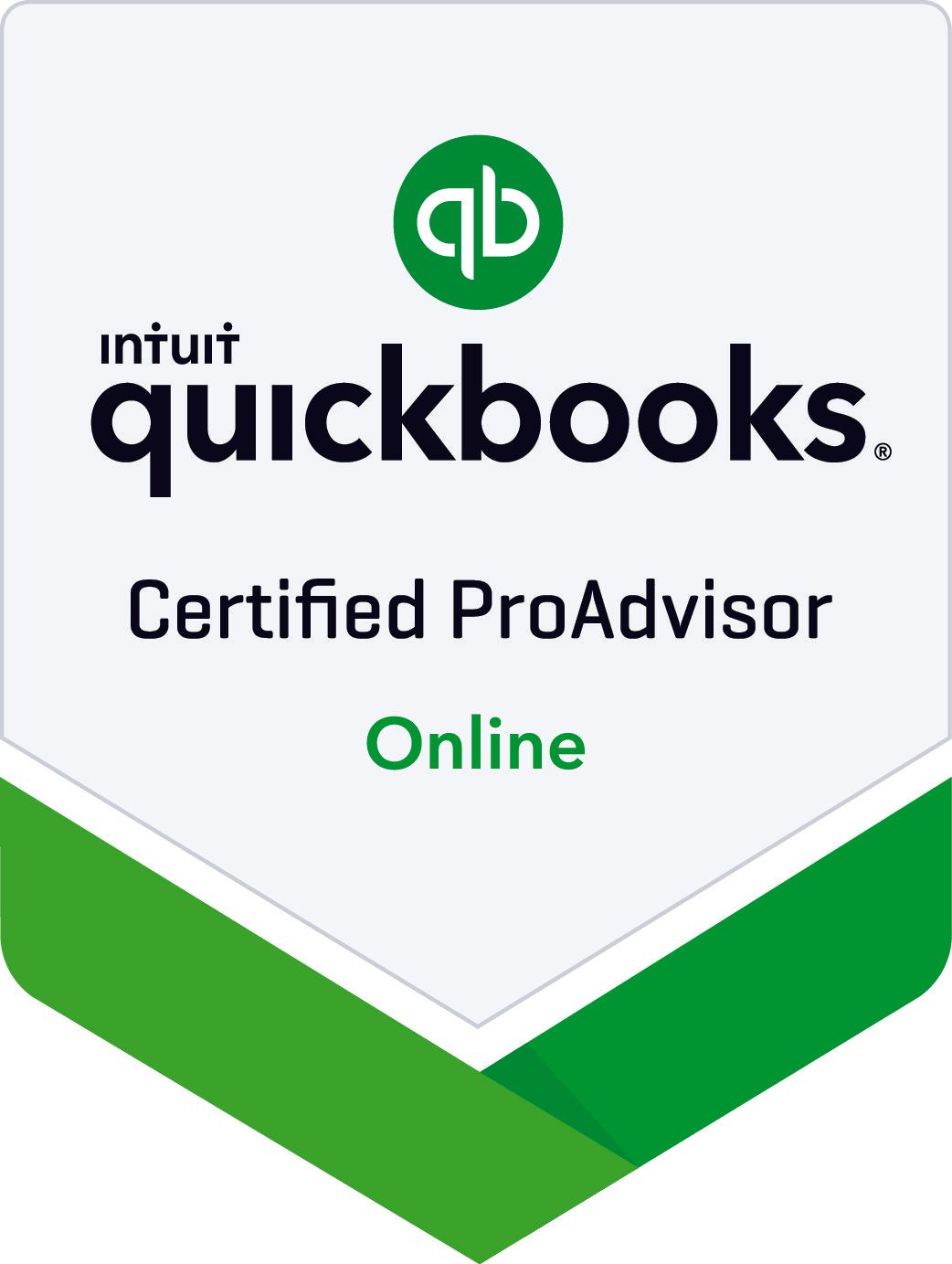Van Benefit 2019/2020
Just what are the rules when it comes to company vans?
The headline figures for 2019/20 are that the van benefit is £3,430 and fuel £655, but how do they get applied?
Is a van or a car being provided?
If you are self employed and you provide yourself with a van, there are different rules. Van benefit rules apply to the self-employed providing vans to their employees and to companies providing vans to directors and employees.
The vehicle provided must be a van from HMRC’s point of view.
We usually look at the list of vehicles HMRC considered to be vans for VAT purposes. The basic rule is that the vehicle needs to be able to carry a payload of at least 1 tonne.
Historically there have been disputes where seats for passengers, in addition to the normal front seats, existed. This led to the development of VW Kombi and Vauxhall Vivaro models with removable seating in the payload area.
For VAT purposes these currently remain on HMRC’s list of vans but Coca Cola have recently lost a tax case. HMRC have ruled that their VW vehicles should be assessed as cars and not vans for benefit in kind purposes, costing the employees and employers a lot of money. The basis for doing this was to do with the suitability of the vehicles for carrying passengers.
If you have vehicles with removable seating in your fleet, then you should seek professional advice.
Is there private use?
For a van benefit to be assessed there must be private use beyond business journeys and commuting to temporary workplaces. HMRC will also allow insignificant private journeys, meaning occasional short detours. If you are in doubt this is an area for professional advice.
How much is treated as a benefit?
If there is private use, the basic van benefit of £3,430 applies. If the employer provides fuel for private journeys, then the £655 will also be assessed.
How much tax is due?
The value of the benefit is effectively added to an employee’s taxable income, so either £3,430 for just the van or £4,085. This gives a basic rate taxpayer a bill of £686 or £817 with fuel. Multiply by two if tax is paid at 40%.
For employers there is a national insurance cost of 13.8% of the benefit in kind.
Payment of van benefit is usually taken account of by the PAYE system, so van drivers do not get extra tax bills unless they need to do tax returns for other reasons. Employers can payroll the benefits or report them annually and will have an annual NI bill to settle.
Help and advice
Please don’t hesitate to get in touch if you are a business owner needing advice about company vans.











